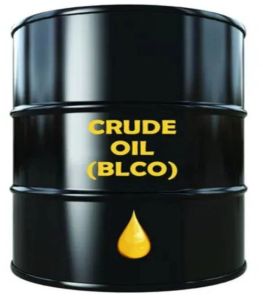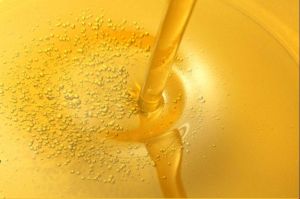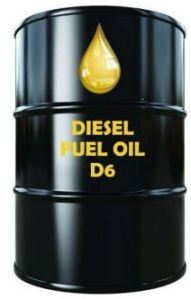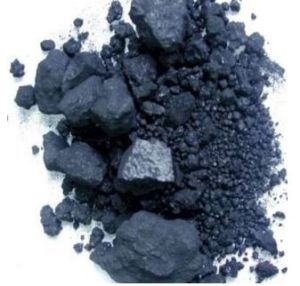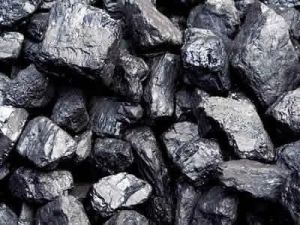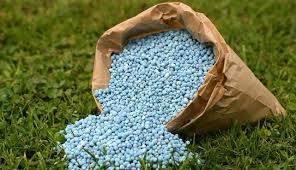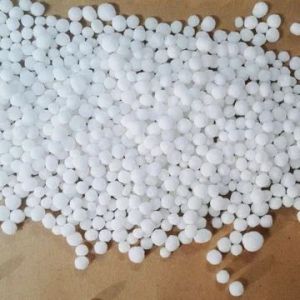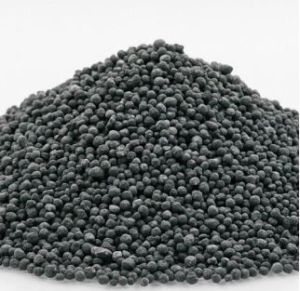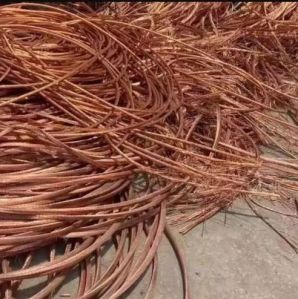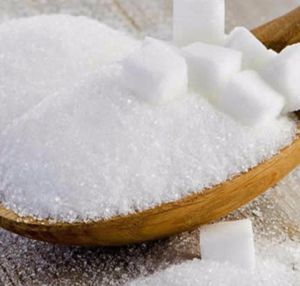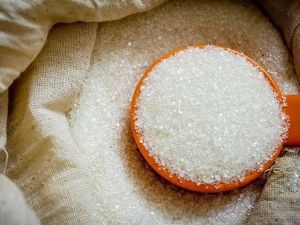1000 Ton (MOQ)
| Business Type | Exporter, Trader, Importer |
| Country of Origin | Middle East / Kazakhstan |
| Color | Black |
| Usage | Commonly Used In Road Construction And Waterproofing |
| Click to view more | |
Product Details
Bitumen, also known as asphalt in some regions, is a black, sticky substance derived from crude oil, primarily used as a binder in road construction and waterproofing. It is a complex mixture of hydrocarbons, possessing strong adhesive and waterproofing properties. Bitumen can be found naturally or produced during petroleum refining.
Key characteristics and uses:
• Composition: Bitumen is a complex mixture of hydrocarbons, with small amounts of heteroatoms like nitrogen, oxygen, sulfur, and traces of metals.
• Origin: It can be found naturally in deposits or is produced during the distillation of crude oil.
• Appearance: Bitumen is typically a black or dark brown, viscous liquid or semi-solid material.
• Properties: Bitumen is known for its adhesive and waterproofing qualities, making it suitable for various construction and building applications.
• Applications:
◦Road construction: It serves as a binder in asphalt concrete, holding aggregate materials together and creating a durable road surface. ◦Waterproofing: Bitumen is used in roofing and other waterproofing applications to prevent water penetration.
◦Industrial applications: It 's also used in various industrial applications due to its adhesive and sealing properties.
• Other names: In some regions, bitumen is referred to as asphalt or tar, although, strictly speaking, tar is a byproduct of coal carbonization
Types of Bitumen Bitumen, also known as asphalt, comes in various types, each with specific properties and uses. The main types include penetration grade bitumen, cutback bitumen, bitumen emulsion, oxidized bitumen, and polymer-modified bitumen. These are categorized based on their hardness, viscosity, and softening point, which determine their suitability for different applications like road construction, waterproofing, and roofing
Here 's a more detailed breakdown:
1. Penetration Grade Bitumen:
• This is a common type, graded based on its hardness (penetration value).
• It 's widely used in road construction and is available in various grades like 30/40, 40/50, 60/70, etc., where the numbers indicate the penetration depth.
• Lower penetration grades (e.g., 30/40) are used in warmer climates, while higher grades (e.g., 80/100) are used in colder regions.
• Examples include bitumen 30/40, 60/70, 80/100, and 100/120. 2. Cutback Bitumen:
• This type is created by dissolving bitumen in a volatile solvent (like kerosene) to reduce its viscosity, making it easier to handle at lower temperatures.
• It 's used in road construction and maintenance, particularly in cold climates or for specific applications like prime coats and surface dressings.
• Examples include MC-30, MC-70, MC-250, and RC-70. 3. Bitumen Emulsion:
• Bitumen emulsion is a mixture of bitumen particles dispersed in water with the help of an emulsifying agent.
• It 's a liquid form of bitumen, making it easier to apply at lower temperatures compared to hot bitumen.
• It 's used in road construction, waterproofing, and other applications where a coldapplied bitumen product is needed.
4. Oxidized Bitumen:
• Also known as blown bitumen or oxidized asphalt, it 's produced by blowing air through penetration grade bitumen at high temperatures.
• This process alters its properties, making it harder and more resistant to temperature changes.
• It 's often used in roofing, waterproofing, and other industrial applications.
5. Polymer Modified Bitumen (PMB):
• PMB is created by adding polymers (like elastomers or plastomers) to bitumen to improve its properties.
• This can enhance its elasticity, durability, and resistance to cracking and rutting. • It 's used in high-performance road pavements and other applications where enhanced performance is required.
6. Viscosity Grade Bitumen:
• This type is categorized based on its viscosity, which indicates its fluidity.
• Higher viscosity grades are stiffer and are used for road construction and asphalt pavement production.
• It 's also used in hot mix asphalt for bases and wearing courses.
7. Natural Bitumen
• This refers to bitumen found naturally, such as in bitumen lakes or extracted from mines.
• It 's often more durable than bitumen obtained through refining.
• Examples include Gilsonite, a natural hydrocarbon with high asphaltene content. The choice of bitumen type depends on the specific application, environmental conditions, and desired performance characteristic


